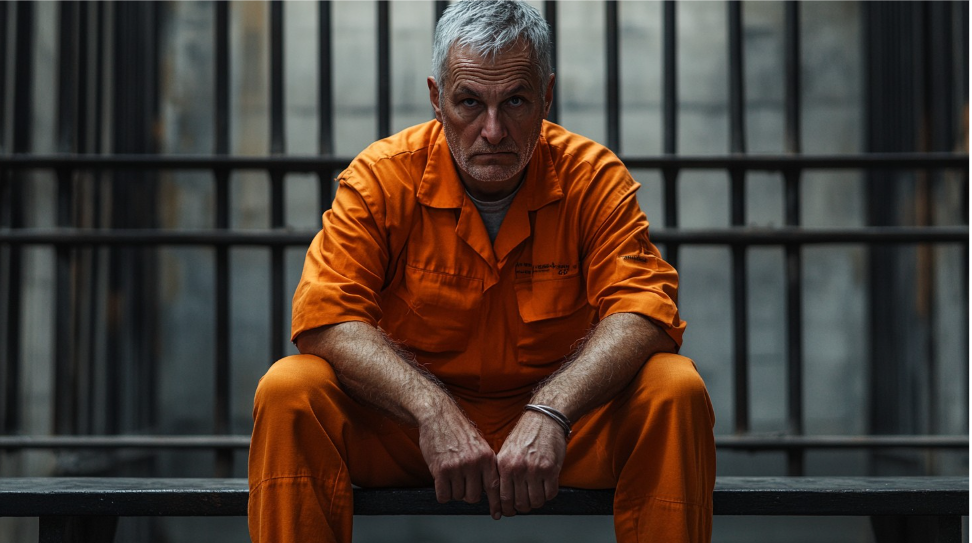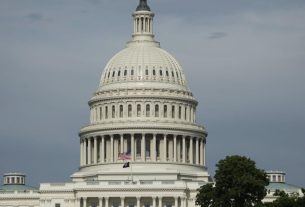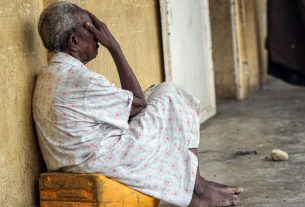The SANAD Organization for Human Rights, alongside Human Rights Watch, has called on Saudi Arabia to halt the mistreatment and medical neglect of elderly prisoners. The appeal follows the refusal by Saudi authorities to grant a United Nations expert access to elderly inmates during an April visit.
Samer Alshumrani, Operations Manager at SANAD, highlighted the urgency of the situation:
“We are sounding the alarm over the danger facing older prisoners and call on the Saudi authorities to immediately release all those arbitrarily detained and provide urgent and adequate medical care to all prisoners.”
During the visit, Claudia Mahler, the UN Independent Expert on the enjoyment of all human rights by older persons, was denied access to elderly detainees at Al-Ha’ir Prison. Mahler emphasized that this refusal contradicts the “Terms of Reference for country visits by Special Procedures,” which guarantee UN mandate holders confidential and unsupervised contact with persons deprived of liberty when necessary to fulfill their mandate. She expressed concern for the well-being of the prisoners but noted her inability to independently verify allegations of medical neglect.
Reports have long indicated systemic ill-treatment and medical neglect in Saudi prisons, with elderly inmates especially vulnerable due to fragile health. Notably, 70-year-old academic and preacher Qasim al-Qathrdi died during the UN visit, reportedly from deliberate medical neglect. Other prominent figures, including Abdullah al-Hamid, 69, a political reformist and co-founder of the Saudi Civil and Political Rights Association (ACPRA), and Musa al-Qarni, 67, also a political reformist, are believed to have died under similar circumstances.
While commending the availability of advanced medical equipment and healthcare services at Al-Ha’ir Prison, Mahler’s findings remain constrained by the limited access granted.
Saudi Arabia has recently faced increased international scrutiny for a surge in executions, especially for drug-related offenses, with at least 88 executions reported since January. On June 10, Morris Tidball-Binz, the UN Special Rapporteur on extrajudicial, summary, or arbitrary executions, urged Saudi authorities to halt the impending execution of 26 Egyptian nationals. Additionally, human rights groups have called on the kingdom to abolish the kafala system and ensure equal protections for migrant workers.
Excerpts from Jurist.com article by Divyabharthi Baradhan | JURIST Staff



